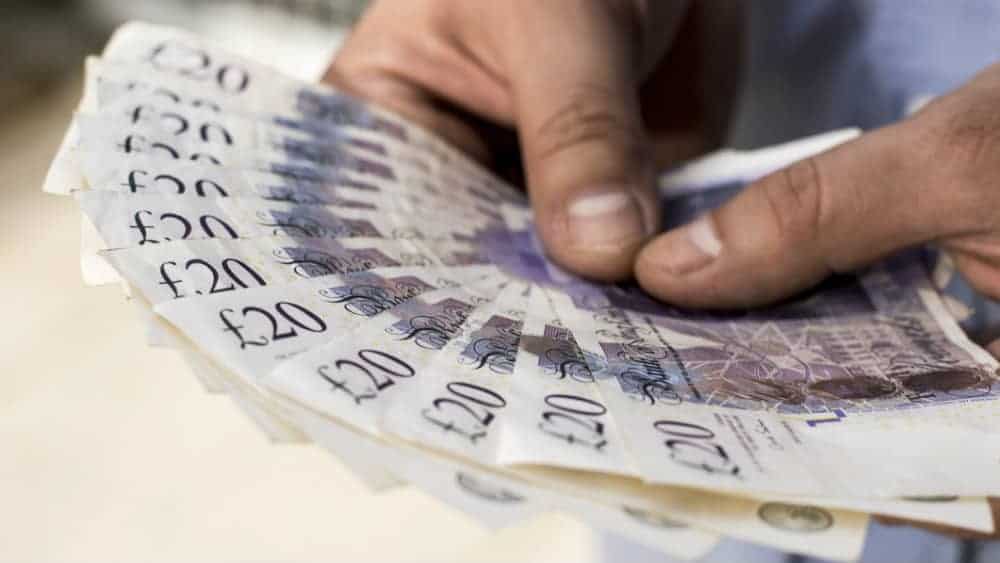‘Keep your powder dry’ is a saying that you may be familiar with. But have you ever wondered what it means or where it comes from? This colloquial expression from the 1800s once worked as an alternative to ‘take care’ or ‘be ready’.
Over time, the phrase has found its way into the financial world, where it now means to always be ready for opportunities.
Basic meaning
The Cambridge Dictionary says that ‘keep your powder dry’ means ‘remain cautious and ready for a possible emergency’. This refers more to always being prepared so you can take action if necessary rather than a warning about danger. It’s a suggestion to avoid missing out on a great opportunity because you didn’t consider all possibilities.
Origin of the expression
English general and statesman Oliver Cromwell is credited with creating the expression. The story goes that Cromwell was talking to his army during his campaign in Ireland. He warned them about keeping their gunpowder dry as they were about to cross a river before a battle. So, as a mix of warning and inspiration, he told his soldiers to ‘Trust in God and keep your powder dry’.
About two hundred years later, British Army officer William Blacker used the entire phrase in his poem Oliver’s Advice and made it famous. Over the years, the second half of the sentence has become commonplace on its own. It was even used as a movie title for a 1945 American drama film starring Lana Turner.
Financial applications
The concept of dry powder has made it into the financial world in the past few decades. It is mostly used to mean ‘hold cash or liquid securities’ in case a big opportunity opens up. When a company has cash reserves, it becomes easier to invest in a sudden opportunity, buy stocks or participate in a now-or-never deal.
Investopedia refers to ‘dry powder’ as cash reserves kept on hand for potential acquisitions, purchase of assets or payment of obligations (like tax). Highly liquid securities are also cash-like. These include short-term investments, money market accounts and instruments that you can sell quickly for emergency funding.
While cash reserves are especially important for venture capitalists and corporate environments, they also have a role in personal finance.
Holding some of your personal net worth in cash means you will have money available for both opportunities and emergencies. A three- to six-month emergency fund is an example of this.
Examples of liquid assets
Thinking about keeping your own powder dry? There are different ways to keep money easily accessible. Keeping money in a savings account is the easiest way to have liquid assets available. While interest rates are low, you can still find a savings account that offers a decent return on your deposit.
Stocks and shares are also good examples of liquid assets. You can buy and sell in the stock market at any time and access the funds within a few days.
If you have a business, your accounts receivable (money your customers owe you) is also a liquid asset. Of course, how soon you have access to it depends on how quickly your customers pay you.







